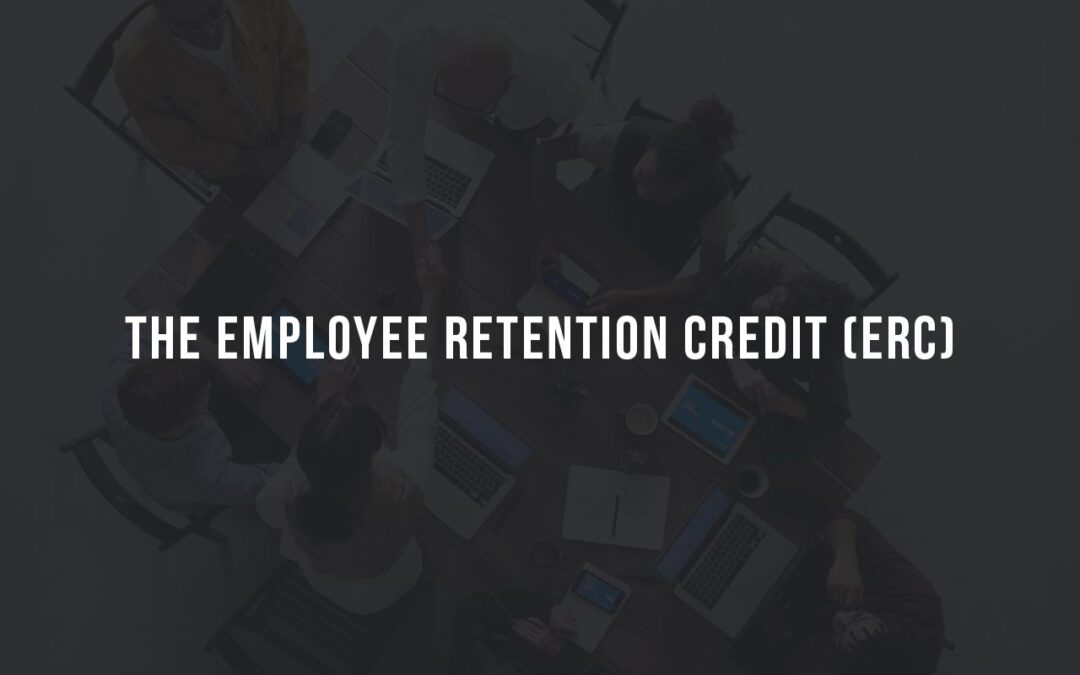CALL US
(980) 237-1714
Email us
justin@pruscpa.com
Friday 09:00 - 15:00
Mon - Thu 09:00-17:00
Cost segregation
Estimated Reading Time: 2 minutes 45 seconds
Dear GP CPA Client: Cost segregation is the magic sauce that breaks your real property into its components and some of these components can depreciate much faster than the typical overall standard 27.5 or 39 year periods.
This magic sauce is brought you courtesy of a team of engineers that specialize in cost segregation studies that are accepted by the IRS as a method a tax reduction.
What is Cost Segregation and how it works?
When you buy real property, you typically break it into two assets for depreciation purposes:
- land, which is non-depreciable; and
- building (residential is 27.5-year property; nonresidential is 39-year property).
With a cost segregation study, you make your property much more than a building on the land. Here’s what’s possible with a cost segregation study:
- land, which is non-depreciable
- 5-year property
- 7-year property
- 15-year property
- for the remainder, 27.5-year property or 39-year property, depending on building use
With a cost segregation study, you front-load (“It’s my money and I want it NOW!!!“) your depreciation deductions and take them sooner, but you’ll take the same total depreciation amount over the lifetime of the property.
Tax reform under the Tax Cuts and Jobs Act boosted bonus depreciation from 50 percent to 100 percent, and this new law also allows bonus depreciation on qualifying used property. Cost segregation is made to take advantage of these new law changes. And you can apply cost segregation to rentals and offices you have had for 10 years or that you are buying tomorrow.
If the passive activity loss rules affect your ability to take immediate rental losses, we need to run the numbers to see if you can benefit and also identify what you could do to benefit even more.
Tax reform in one of its “not beneficial to you” new law sections took away your ability to do a like-kind exchange for non-real property. Therefore, if you do cost segregation and then later use a like-kind exchange on that property, you’ll have taxable gain attributable to everything that’s not land or 27.5-year or 39-year property.
We recently saw a cost study on a new $400,000 property purchased this year. The study enabled a speed-up of $50,000 of deductions to this year’s tax return. For this taxpayer, who was in a combined federal and state income tax bracket of 40 percent, this put $20,000 in their pocket this year.
Let’s get started with you your real estate empire. Email or call GP CPA today.
Related Articles

Tax Projections vs. Tax Planning: Why Knowing the Difference Matters
At GP CPA, we help business owners make informed financial decisions year-round—not just during “certain times” of the year.. One common point of confusion we encounter is the difference between tax projections and tax planning. While these two services are closely related, they serve distinct purposes and deliver very different outcomes.

Why We Use Relay Financial—And Why You Might Want to, Too
At GP CPA, we’re always on the lookout for tools that help small business owners save time, stay organized, and keep cash flow running smoothly. One of those tools? Relay Financial—and we don’t just recommend it, we use it ourselves.

Starting a Business in North Carolina or South Carolina?
Starting a business is exciting—it’s also a little like setting out on a road trip without a map (or GPS) if you’re not prepared. You might end up in a great place by sheer luck, but chances are, you’ll hit a few dead ends or take longer than necessary to get where you want to go. That’s where we, the CPAs and business advisors, come in handy.

Don’t Panic: What to Do When You Get a Tax Notice
Picture this: You’re sifting through the mail, dreaming about coffee or a vacation, and then—bam! There it is. An ominous letter from the IRS or your state tax agency. Before you launch into a full-blown panic spiral, let’s talk through what this means and how to handle it. Spoiler alert: ignoring it won’t make it disappear.

Navigating the Unexpected Closure of Bench: GP CPA, P.C. Is Here to Help
In contrast to Bench, (RIP?), GP CPA, P.C. is a Certified Public Accounting firm located in the Southeastern United States. We are second generation CPAs and business advisors. We can take over for wherever it is that Bench left off and with us, you won’t experience a data hostage situation with our firm.

The Employee Retention Credit (ERC)
The Employee Retention Credit (“ERC”) has had some upgrades and retrofits to some of the basic calculations with the most recent (12.27.20) CARES Act changes.
Comments

0 Comments